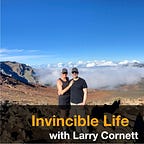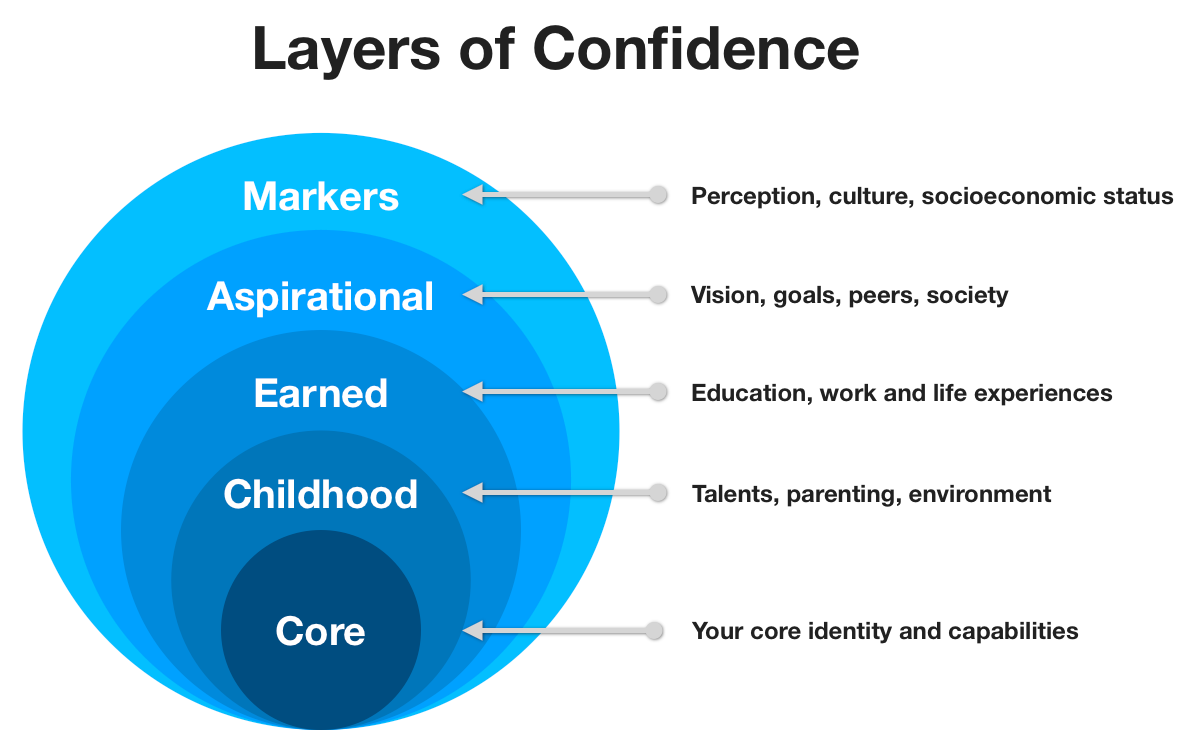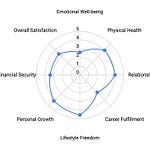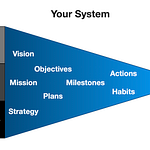Self-confidence is one of the most valuable personal assets you should develop and nurture throughout your life.
It’s a fuel that will enable your personal pursuits, accelerate your professional growth, and improve your relationships.
So many elements impact self-confidence from childhood to adulthood. I’ve discussed these before in my draft book chapter.
Key points from the chapter
Confident people enjoy more success in life.
Feeling confident isn’t the same as flipping on a light switch.
There are many layers of confidence, with your sense of self at the core and the ways you express your confidence to others at the outer layer.
Confidence isn’t a fixed trait, which means you can develop and build it.
Self-esteem is your perception of your worth, which begins in childhood.
Self-efficacy is your belief in your ability to achieve your goals, which is the component of confidence you can influence the most.
You can use some simple strategies and techniques to feel more confident in the moment.
Self-confidence is such a valuable asset that you must nurture it and fiercely protect it.
In this episode, I want to focus on competence, capability, and optionality. Scroll up and click play to listen since I don’t include everything in the text below.
Being competent
When you feel competent, you know you have what it takes to get things done without someone else diving in to save you. Last week, I discussed the risk of helicopter parenting and how it damages a child’s sense of competence.
When you are competent, you have the knowledge, judgment, skill, or strength to perform specific tasks and achieve certain goals. Of course, it’s impossible to feel 100% competent performing every conceivable task or pursuing any goal.
However, you should have a basic competence for what you will encounter and do in your personal and professional life.
Competence at work.
Competent in life.
Competent in the world.
Feeling capable
Capability and competence are related, as they both refer to being able to do something, but I see them as distinct.
Competence means you can already do it. You have the necessary skills, knowledge, and experience. For example, my friend is a competent mechanic and can already work on my truck to repair it if something goes wrong.
Capability may mean you can do something, but it also can mean you are capable of doing something in the future but need to acquire the skills, knowledge, and experience to do it well. For example, I am capable of learning what I need to know to repair my truck if something goes wrong. I’m not competent yet, but I’m capable of becoming so.
In your lifetime, you will only be competent at a fraction of the activities that billions of other humans do every day. You will encounter many, many more situations where you will need to feel capable of dealing with them, learn, adapt, or do what you need to do to get through it.
Mentally capable of observing, recognizing, learning, and adapting.
Emotionally capable of dealing with situations and recovering.
Physically capable of taking care of myself and doing what needs to be done (e.g., I’ve talked about my journey to recover my health and fitness before).
Having options
Optionality means that you have other things you can try if your attempt to predict the future fails. We make decisions and move forward all the time in our lives. For example:
Choosing a school.
Choosing a college degree.
Choosing an employer and job.
Choosing a life partner.
Choosing a place to live.
Some choices may narrow your options, make it hard to change later, and shake your confidence when things go wrong. Other choices may provide you with more options, making it easier to pivot later. That knowledge makes you feel more confident in your daily actions.
Many years ago, I wrote about the importance of having backup plans. They provide optionality if your Plan A goes sideways. For example:
Being quickly prepared to find another job if you lose your current one.
Having several customers and clients so your business survives if you lose one.
Knowing you are a complete person within yourself if a partner leaves you.
Note: I'm not talking about having potential partners floating on the side as you navigate your primary relationship. What I mean is you never let your entire identity and sense of worth rest in another person’s hands. You are complete on your own. Having a partner combines two complete people into something new and powerful.
Listen to the full podcast to hear my expanded discussion of all these topics and thoughts.
By the way, I’m hosting a Job Search workshop on April 1st!
➡️ “Find a Better Job Using 3 Essential Job Search Strategies”
The price for the workshop goes up next week. So, if you're interested in joining us, grab a ticket now.
⏰ This is the last time I will host my Invincible Job Search workshop this year. I won't offer it again until 2025! So, join us now or wait until then.
Note: I record video of myself and the presentation, which I share with all the attendees after the workshop. So, if the time doesn’t work for you to join us live, you will have the homework document and the video material to use later, just like a course.
I’m Larry Cornett, a Freedom Coach who can work with you to optimize your career, business, and life. My mission is to help you take complete control of your work and life so you can become a more “Invincible You.” I live in Northern California near Lake Tahoe with my wife and our Great Dane.













